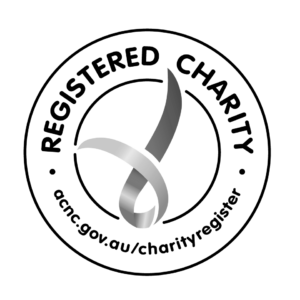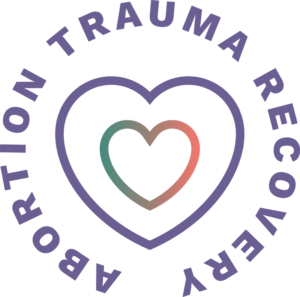Hon. Jackie Jarvis MLC recently shared a very painful story from her past involving rape and abortion. While acknowledging Jackie’s courage in this endeavor, it is necessary as a community where abortion-related mental illness is problematic and support services for those suffering are inexplicably lacking, that we explore the profound relevance of her story in the context of the role of decision-makers in supporting similarly vulnerable women, whose experience of ”a clear decision surrounding abortion, is and was, clear as mud”.
Abortion decisions are often crisis decisions. They are decisions compounded by shock, confusion, and fear. Impaired decision-making occurs in a crisis. Pre-existing emotional or psychological problems compound this impairment. Many women feel pressured to make a quick decision. The internal and external pressures plaguing their consciousness is relentless. Women are highly vulnerable during this time and the framework supporting their mental, emotional and physical well-being is critical.
Violation against a woman of any nature, is a traumatic event that should not be trivialized by politicking. Undeniably, rape is a traumatic event, however, so too is the experience of abortion for many women. Healing from trauma requires each trauma to be dealt with in and of itself. Rape and abortion are mutually exclusive events whose common denominator is a pregnancy. Understanding this distinction is essential to ensuring the provision of safe and effective health services that cater to the needs of women in a crisis.
The largest study ever done of women who had pregnancies resulting from rape or incest was recently published in the book Victims: Speaking Out About Their Pregnancies, Abortions, and Children Resulting from Sexual Assault. In this study of nearly 200 women, 89% of those who aborted a pregnancy resulting from sexual assault explicitly stated that they regretted having had their abortions. They often described their abortion as more traumatic and difficult to deal with than the sexual assault. Over 90% stated they would discourage other pregnant sexual assault victims from opting for abortion. Only 7% believed that abortion would ‘usually’ be beneficial in cases of sexual assault. Conversely… sexual assault victims that carried to term… believed they made the right decision… none regretted not having an abortion.”
Burke, T. K., & Reardon, D. C. (2002). Forbidden grief: The unspoken pain of abortion. Acorn Books. 162-163.
Women need to be encouraged to explore and share their abortion experiences to enable health professionals, decision-makers and the wider community, to learn from them and to better understand and support their needs. The information available suggests that the current approach to understanding abortion and women’s health serves only divisive political agendas, while continuing to ignore the needs of women.
10% of mental health problems may be attributable to abortion.
Abortion and mental health: quantitative synthesis and analysis of research published 1995–2009PK Coleman. The British Journal of Psychiatry 199 (3), 180-186, 20113362011
A 2011 study published in the British Journal of Psychiatry found that 10% of mental health problems among women, including 35% of suicidal behaviours, may be attributable to abortion. These findings were based on the combined results of all studies published between 1995 and 2009 that met strict inclusion criteria. The resulting analysis included 877,181 women from six countries. Women who aborted were 81 percent more likely to experience mental health problems compared to all other control groups, and 55% more likely to have problems compared to women who delivered an unplanned pregnancy. Mental health risks increased across the board: suicidal behaviours (155%), anxiety disorders (34%), depression (37%), alcohol use/abuse (110%) and marijuana use/abuse (220%).
“I find the idea that we should have mandatory counselling insulting to women, quite frankly.”
Jackie’s comments are perplexing in the context of the evidence available. Decades of research into abortion, while contentious in many regards, has solidified remarkable consensus amongst health experts – that there is an undeniable link between abortion and poor mental health outcomes for women. Early intervention and prevention of abortion-related mental illness demands that our community leaders approach abortion in an informed and non-partisan manner to ensure the best outcomes for women’s health, namely the prevention of abortion trauma.
Safe and effective strategies that support and protect a women’s mental health during a crisis, should be paramount in the mind of regulators. When either following or facing a traumatic event, there are minimal effective mechanisms other than counselling, that support a woman achieve the required balance between diminished and improved decision making capacity. It is the role of our law makers to facilitate a regulatory framework that acknowledges impaired decision-making is a likely factor uniquely relevant to abortion, and whether poplar or not, they have a responsibility to women to minimize the negative community impact of abortion-related mental illness, through effective health screening or assessment within that framework.
Society could argue all day about the wrongs and rights of abortion, but while the stale arguments continue to revolve decade after decade, women impacted by abortion trauma suffer relentlessly.

